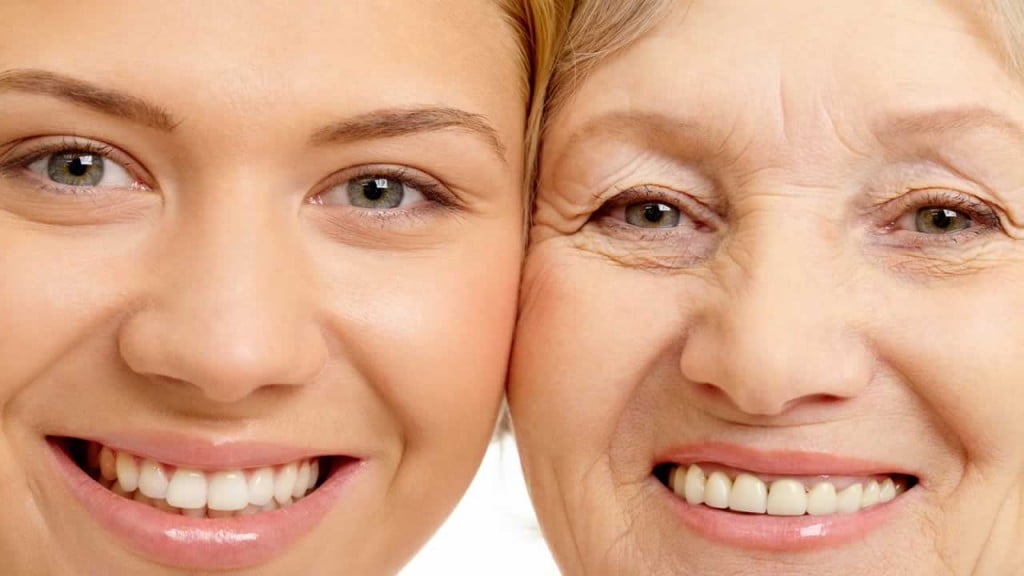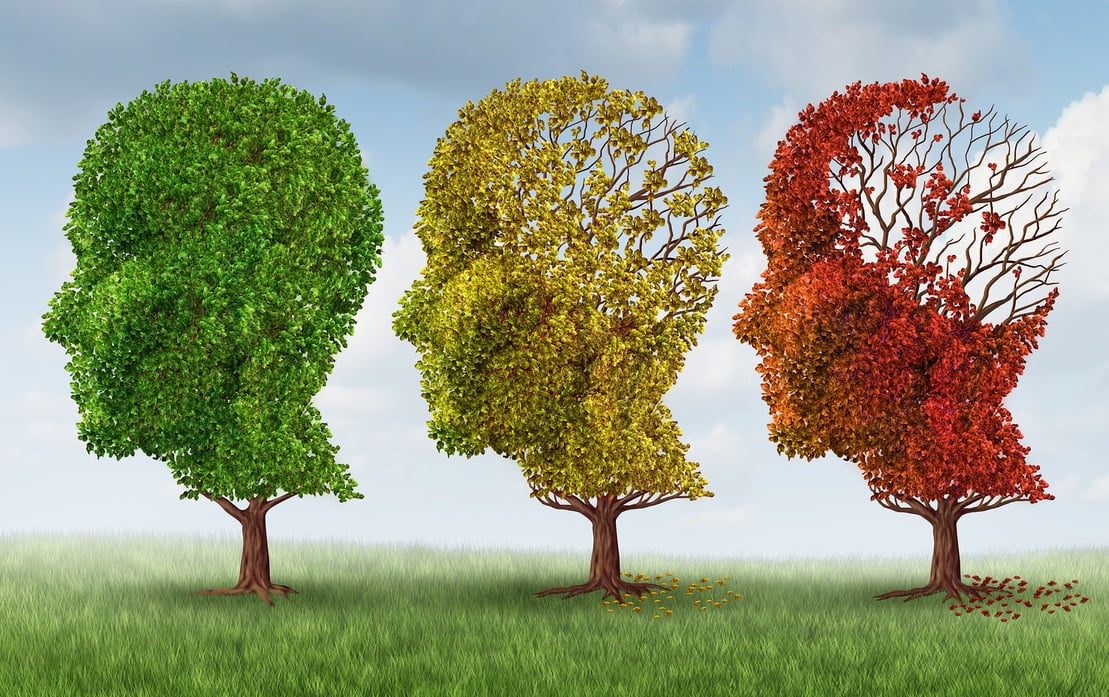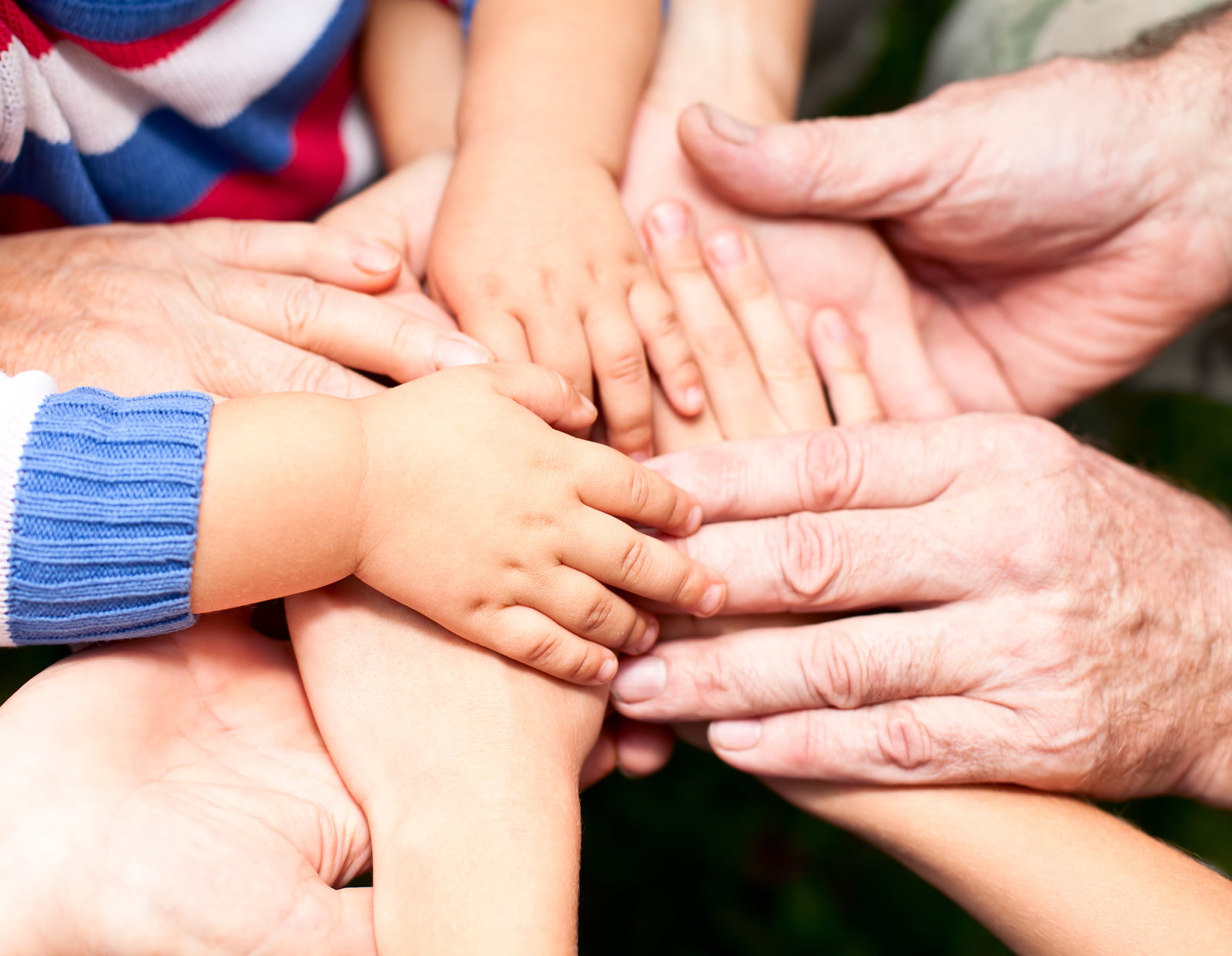Are you a young old person, or an old young person? That is a real question, according to a new study, which shows some young adults are aging nearly three times faster than their peers.
The study – conducted by a team of researchers from Israel, New Zealand, the UK and the US – shows that a person’s biological age may be very different from their actual age, which appears on their birth certificate.
Some people age faster than others
The scientists identified factors that can tell why some individuals age faster than others, by determining their biological age according to their current health. Biological markers such as kidney and lung function, immune system strength, good cholesterol, cardio respiratory fitness, lung function and dental health, were used to determine the biological age of some 1,000 participants, between the ages of 26 and 28.
SEE ALSO: Why Do Our Brains Age?
By working with younger subjects, researchers were able to spot health decline even before the onset of age-related diseases such as diabetes and heart problems, according to study co-author Dr. Salomon Israel of The Hebrew University in Jerusalem.
“The vast majority of research on aging begins around age 50 or 60 and many people at this age already experienced the process of aging,” Salomon tells NoCamels. “By working with young adults, you can ask questions about what happens earlier and quantify that information.”
For example, among the 38 year olds studied, the participants’ biological age was found to range from under 30 to nearly 60 years old. That means that some participants’ biological age was more than 20 years older than their chronological age.
The long-term study, recently published in the American scientific journal the Proceedings of the National Academy of Sciences, has tracked participants from birth, using health measures such as blood pressure, liver function, along with personal interviews.
SEE ALSO: Stop The Brain From Aging To Prevent Alzheimer’s
Sign up for our free weekly newsletter
SubscribeThe results show that most participants aged according to their actual age at a rate of approximately one year per year of age, while others aged nearly three years for every chronological year. There was also a cluster of those who aged at a rate of zero years per year, thus, staying younger than their chronological age.
Results showed that participants who had a greater biological age at age 38 appear to be aging at a faster pace. Those who received a higher biological age also scored worse on exams involving coordination and balance, and they experienced more physical difficulties, such as climbing a set of stairs.
Your lifestyle affects your aging process
There are multiple variables that should be taken into account when determining why some age faster than others. “It could be lifestyle factors: How much you smoke, your diet, how sanitary your lifestyle is, personality factors, what kind of social support you have. It could be things like education, or stressors you encountered,” Salomon says.
The research team also assessed the age of participants based on their appearance at age 38. The individuals who appeared older also happened to have a greater biological age.
Assessing one’s true age could prevent diseases
By determining age-related decline during a person’s younger years, researchers can intervene early on in the aging process in hopes of reducing disease rates, and if necessary, implement prevention methods at early stages.
“The advantage is that you have a lot more time for prevention,” Salomon explains. “The other aspect is tracking the aging process itself. If you slow down some of the aging, you can reduce the risk of heart disease, diabetes, and so on.”
A follow-up on this study is expected to take place in the next few years once participants turn 45 years old, providing scientists with another data point. The researchers hope that the new information will help determine what anti-aging factors affect the aging process.
Related posts

Israeli Medical Technologies That Could Change The World

Harnessing Our Own Bodies For Side Effect-Free Weight Loss

Missing Protein Could Unlock Treatment For Aggressive Lung Cancer






Facebook comments